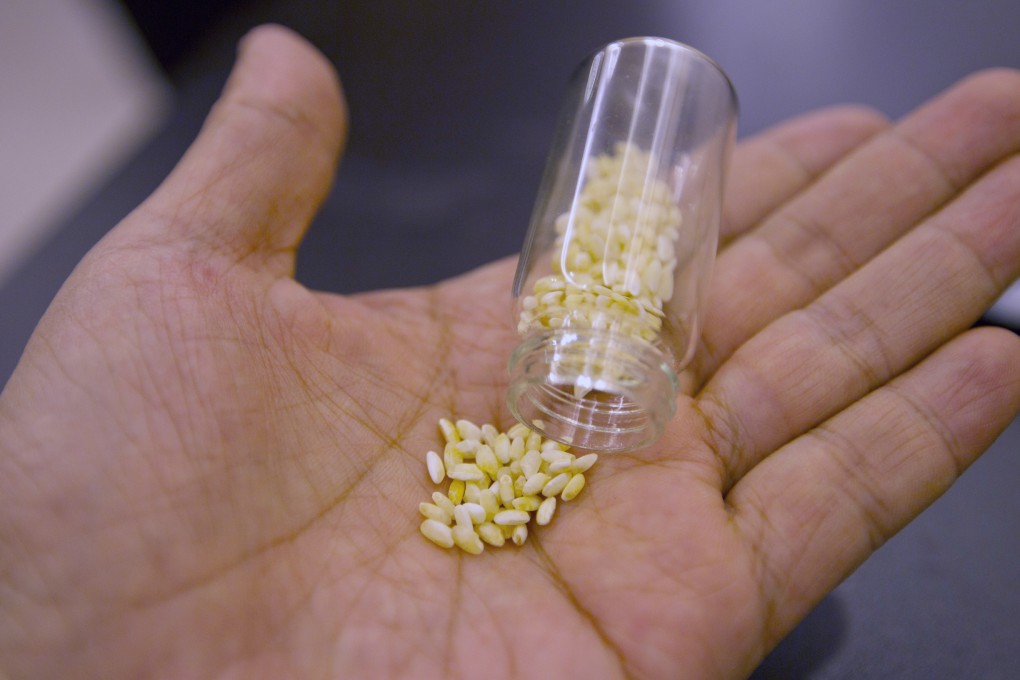China must cast aside irrational fears about GM crops
Mark Lynas says unfounded fears about genetically modified crops prevent China from making full use of science to advance its development

There are many important debates about China's future direction, but the central role of science in decision-making should not be one of them. Chinese society is broadly pro-science and Communist Party policy officially recognises scientific innovation as a driver of sustainable growth. In spite of this, science is often under attack in China, especially with regard to genetically modified crops.
The newspapers, airwaves and blogosphere are full of myths and conspiracy theories about genetically modified organisms (GMOs): that they cause cancer, are somehow poisonous or, most ludicrous of all, are a Western plot to render Chinese people infertile. You don't even need a scientist to tell you that none of this nonsense is true.
Yet these myths continue to proliferate on Weibo and in the media, and are damaging the future of Chinese agriculture by holding back progress in a whole sector - crop biotechnology - that is critical for China's development.
A decade ago, China was destined to be a global leader in crop biotechnology, a sector that promises higher crop yields, lower pollution from pesticides, and better incomes for farmers. Even as Europe was held back by anti-science attitudes, China was racing ahead and investing billions of yuan in the sector.
Sadly, the tables have turned. Ideological arguments against GMOs have been imported from Europe into China. As a result, Chinese biotechnological science has been stopped in its tracks. The official approval process for genetically modified crops has stalled. It is now China that risks being left behind as other countries move forward with science-driven innovation.
The European Union is reconsidering its de facto moratorium on GMO cultivation. Meanwhile, in the US and Britain, major research programmes are using genetic technology with the aim of improving photosynthetic pathways in crops and thereby increasing future productivity and grain yields in rice, wheat and corn.